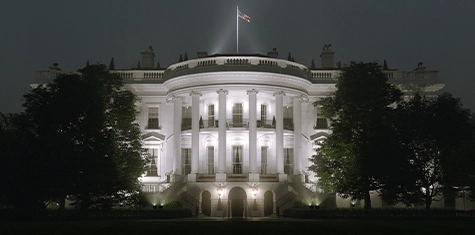On Wednesday, the United States Court of International Trade (USCIT) issued a significant opinion invalidating many new import tariffs that were issued by the Trump administration starting earlier this year. The decision arises from two consolidated cases (V.O.S. Selections, Inc. v. United States and The State of Oregon v. United States). The USCIT granted the Plaintiffs’ Motions for Summary Judgment, declaring the challenged tariffs unlawful and vacating and permanently enjoining their operation. The tariffs blocked by the USCIT ruling include the “Liberation Day” tariffs, as well as other tariffs targeted at specific countries like Mexico, Canada and China.
The USCIT decision blocked tariffs that were issued under the International Emergency Economic Powers Act of 1977 (IEEPA). “The court does not read IEEPA to confer such unbounded authority and sets aside the challenged tariffs imposed thereunder,” the three-judge panel wrote.
Lawyers for the Trump administration have already announced that they intend to appeal the USCIT ruling and will very likely seek immediate suspension of the effect of the ruling. Appeals courts generally have the power to grant temporary stays of lower court decisions and suspend the enforcement of those decisions while an appeal is pending. It’s difficult to say definitively whether an appeals court will grant a stay of the impact of the USCIT ruling. Several factors could influence whether an appeals court grants a stay, including the likelihood of success on appeal, the potential for irreparable harm if the decision is not suspended and the impact on the public interest.
What are the impacts on business?
We expect that, in the short term, a U.S. Court of Appeals will decide whether to grant a stay of the USCIT ruling. If granted, tariffs would remain in place until a final decision is reached by the Court of Appeals about whether to uphold or overturn the ruling. If a temporary stay is not granted, then the affected tariffs would no longer be in effect.
If the USCIT ruling is not stayed and the ruling is ultimately upheld, an important related question is; what would happen to tariffs of refunds for tariffs already paid and could importers seek refunds of the tariffs paid.
The USCIT decision does not affect the so-called Section 232 tariffs previously imposed on steel and aluminum products, as well as similar duties planned on sectors like lumber and semiconductors because those tariffs were issued pursuant to a different law and were not challenged in the USCIT case. For similar reasons, the decision also does not affect tariffs that were in place prior to the new Trump administration, including tariffs imposed during the first Trump administration.
We recommend that clients follow developments closely on these issues. Fredrikson attorneys will issue further updates as developments warrant.






